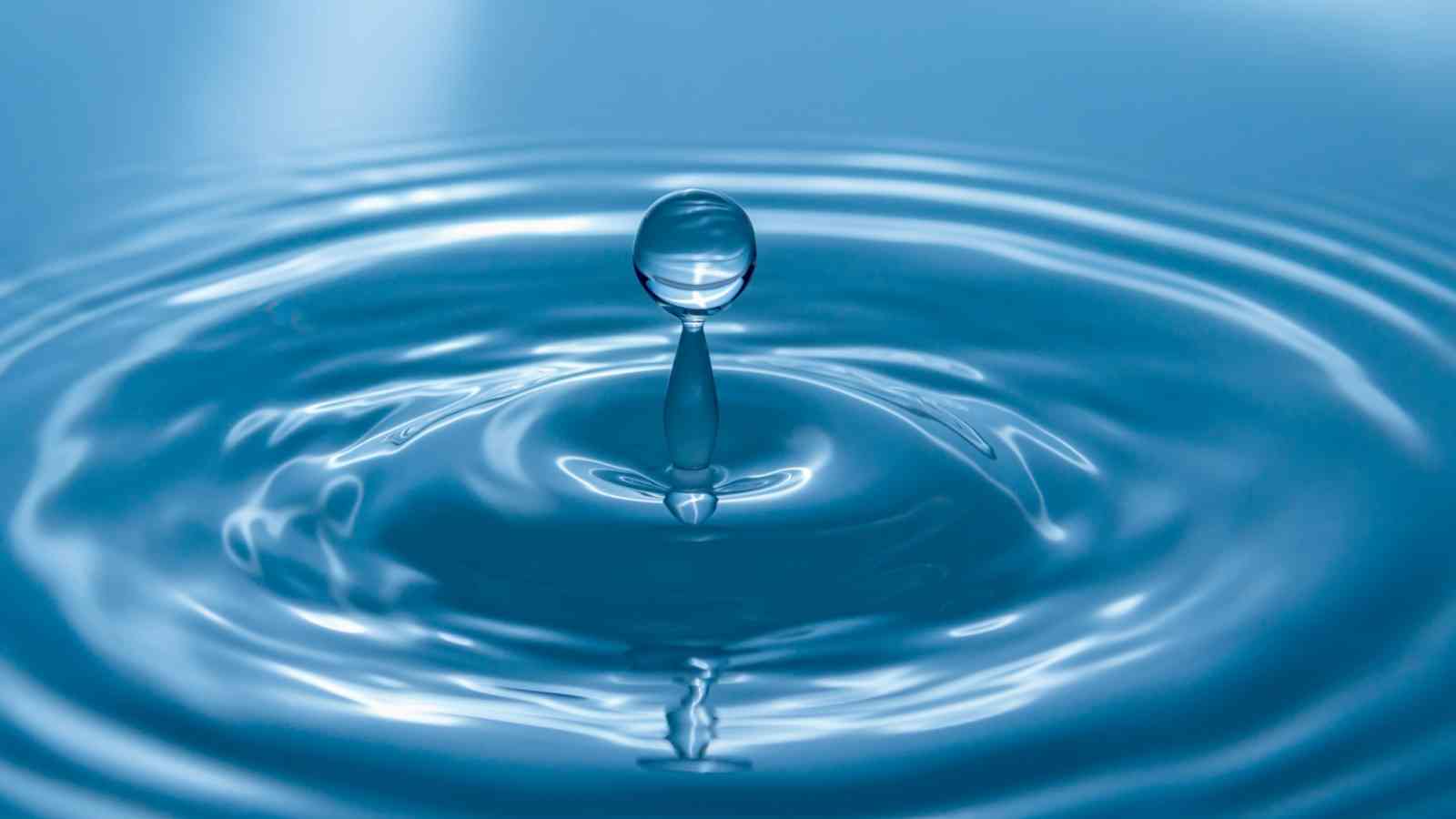
Let's talk about water
With the vast majority of our body being comprised of water, it's quality is essential for efficient and effective functioning of our cells, tissues and organs. Overlooked due to its perceived 'solvent-only' function, the power of hydration on our health and wellbeing is often underestimated
Why is hydration important?
Hydration does not only refer to the intake of water but its absorption and ability for it to be utilised in our cells. Therefore, optimising hydration through filtering and modifying our drinking water can transform our health and act as foundational support for all other health interventions.
Filtering Considerations
Water hydrates your body and acts as a carrier of a range of molecules which can affect cellular function thus overall health. Filtering our water is a key method of supporting hydration as it removes contaminants which can interfere with cell membrane exchange, the gut, hormones and our immune system.
- Carbon filters: As water flows through the carbon, its porous nature enables the binding of contaminants such as chlorine, VOCs, pesticides, and organic compounds. The carbon is able to chemically alter and neutralise contaminants such as chlorine. However, carbon filters don’t fully remove heavy metals, fluoride, or microbes. This is a basic and cost-effective method of water filtration.
- UV Filters: Great for microbial sterilisation however these filters have no capacity to remove chemicals or heavy metals.
- Reverse Osmosis (RO): One of the most effective water filtration systems which uses pressure to force water through a semi permeable membrane, filtering all contaminants. This is very comprehensive and ensures purity, however, It removes not just the contaminants but beneficial minerals which supports water absorption and cellular function. Therefore, RO filtered water needs to be remineralised using trace mineral drops. The Water Shop, coupon code MITOCORE for a 20% discount
- Alkalising systems such as Kangen uses electrolysis to transform tap water into alkaline, antioxidant-rich water. This is a system that modifies water's biophysical properties to support biochemical health. This is gold-standard for water treatment, although more costly. It does not work via standard filtration to remove contaminants such as fluoride, nitrates and microbes, but changes their electrostatic properties in a beneficial way.
Other Water Treatment Considerations
- Electrolytes- are salts that carry an electrical charge namely sodium, potassium, magnesium and chloride. These improve hydration by supporting water absorption into the cells. This is achieved by reinforcing the cellular concentration gradients, pulling water into the cell. These electrolytes are essential in supporting effective muscular and nervous system function. When choosing an electrolyte, consider the balance of minerals and the exclusion of additives such as sugars/ sweeteners, preservatives and synthetic flavouring.
- Remineralising filtered water- uses trace mineral drops to restore the mineral content of filtered water for a more therapeutic hydration effect. This is different to using electrolyte salts.
- Alkalinity- refers to the pH of water and its ability to neutralise acid via the dissociation of hydrogen ions (H+) . Alkaline water has antioxidant qualities, measured by negative oxidative reduction potential (ORP), describing the water’s ability to donate electrons to neutralise free radicals which would cause inflammation and oxidative stress in the body when in excess.
- Structuring- describes a process to reassemble the molecular form of processed drinking water to a form closer to nature, where the water is always moving and flowing. This energises the water and creates a hexagonal sheet-like structures, making it more bioavailable and more easily absorbed. Water structuring systems may utilise ways to stir water in a vortex to mimic natural flow, or exposing it to sunlight or using crystals.
- Hydrogen water- refers to water which has been enhanced with molecular hydrogen gas. These hydrogen molecules can be used to support mitochondrial efficiency. Molecular hydrogen has a negative ORP and thus an antioxidant effect, again via its potential to neutralise reactive oxygen species. Hydrogen tablets are added a water glass and drunk within 5 minutes to reduce loosing the hydrogen which escape gradually into the air. Hydrogen gas producing water bottles are another option.
Intake Considerations
- Timing- consider drinking majority of fluids equally over the first 10 hours of day. Try to limit fluid intake 2-3 hours before bed
- Temperature- room temperature and warmer water is more easily digested and absorbed
- Caffeine – caffeine is a diuretic and therefore has a dehydrating effect. Consider drinking an extra glass of water with each cup of coffee or tea!
- Avoid drinking from plastic- aim to use glass or stainless steel water bottles
In conclusion, there are so many considerations when it comes to hydration, making it quite an overwhelming topic. Water is a surprisingly complex topic, full of intricate chemistry and physics. Instead of aiming for perfection, aim for water that you WANT to drink- if you have a water bottle/ glass with you throughout the day, do you find yourself slowly sipping on it or do you just let it sit?
Try a few of these hydration hacks over time and consider:
- Does the water feel easier to drink?
- Does the plain water feel tasty and good in your mouth?
- Do you find yourself wanting to drinking more?
- Does your thirsty feeling get satisfactorily quenched?
